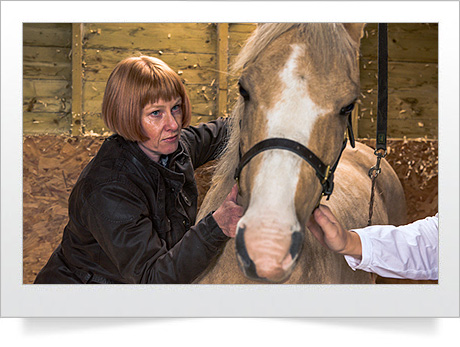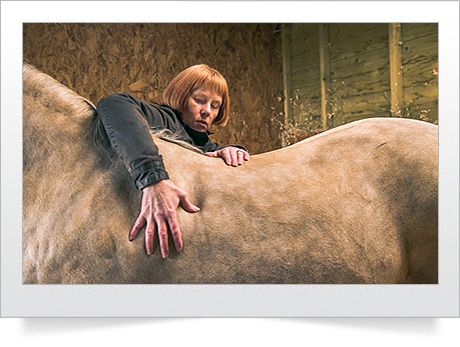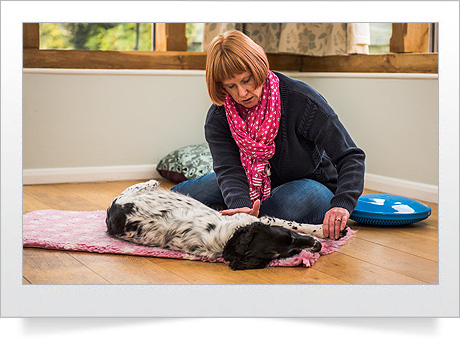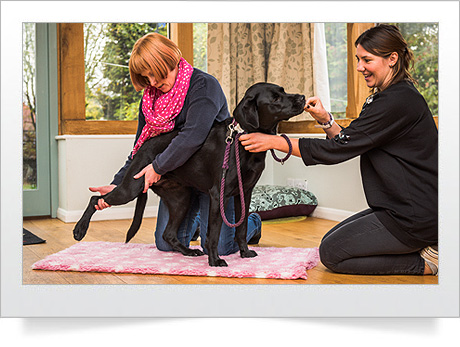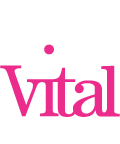
Treatments
Vet Physio for Horses
Jill’s equine physiotherapy treatment can help horses and ponies that are in pain or discomfort due to injury or illness. Lameness, unpredictable behaviour and saddling problems can all be signs that something is wrong. Working in tandem with your vet, saddler and farrier, Jill Hall identifies causes and recommends treatments that can ease pain and improve performance. This could include specific exercises, joint mobilisation, soft tissue release, massage or electrotherapy.
“My movement analysis skills enable me to pinpoint and treat subtle performance problems in horses to increase the efficiency of motor performance. Much of the behaviour we describe as ‘naughty’ in our horses is pain-related behaviour and reduces once that pain has been resolved.”
Equine Physio Treatment and Your Horse
If your horse or pony is in pain or discomfort, or is showing symptoms that indicate something is wrong, ask your vet for a referral to Jill Hall, a Chartered Physiotherapist. Jill works across Yorkshire and will visit your horse at their livery or stables. She would be pleased to discuss any concerns on a free, no-obligation telephone consultation wherever you are based; it’s the care of the horse that matters.
Contact Jill Hall for a information about equine physio
Veterinary Physiotherapy for Dogs
Canine Physiotherapy for Companion Dogs
Physiotherapy for dogs has a key role to play in animal welfare, rehabilitation and care after operations or injury. Increasingly owners and vets are opting for the high levels of expertise, care and professionalism provided by Jill Hall, a Chartered Physiotherapist. Physiotherapists such as Jill aim to identify and treat the problem causing pain, or loss of function. They will quickly establish if physiotherapy will help and if not, refer back to your vet.
A change in temperament or behaviour in your dog could be a sign that they are in pain. Watch out for:
- >Any reluctance to exercise or play with other dogs
- > Resistance to grooming
- >Change in activity levels
- >Loss of appetite
Following assessment by your vet, physiotherapy may be recommended to alleviate pain and restore function and vitality. Physiotherapy and hydrotherapy are often used together to provide a complete rehabilitation programme for your dog. Jill works co-operatively with several of the best canine hydrotherapy centres in Yorkshire, should your dog require this treatment.
If you are based in Yorkshire, and you are concerned about your dog’s wellbeing or a change in their behaviour, consult your vet and ask for a referral to Jill Hall, a Chartered Physiotherapist.
Contact Jill Hall for more information about canine physio.
Gun dogs, working dogs and sporting dogs
Dogs that regularly compete or work place their systems under greater stress than companion animals. Regular check-ups with a vet and physiotherapist help to maintain optimum health and performance. This preventative approach is based on physiotherapy input to human athletes and has been proven to reduce injury rates.
Jill is developing a specialist area within her practice for the treatment of sports and working dogs, and has a unique understanding of the particular physical demands that competition and field work has on dogs. Hydrotherapy, physiotherapy and canine massage can have huge benefits for dogs that compete or work.
“Agility dogs may have minor soft tissue problems which can affect performance, and treatment of these problems will improve the dog’s performance as well as preventing the development of a more serious pathology.”
Contact Jill Hall about your working, agility or sporting dog.
Animal Physiotherapy for Cats
Feline physiotherapy helps cats that have been injured in falls or traffic accidents, or are suffering from arthritis or age-related illnesses. Gentle, non-invasive exercises and play based activity can reduce muscle weakness and improve balance, enabling your cat to lead its normal busy, active life doing all those things that only cats can do….!Cats often benefit from being seen at home, they are more comfortable in their own environment. Jill can visit your cat at home and will observe their behaviour. She will then suggest adjustments to their environment which could ease their condition, such as reducing the hazards caused by slippery or low traction surfaces
Contact Jill Hall to discuss your cat’s physiotherapy requirements.
